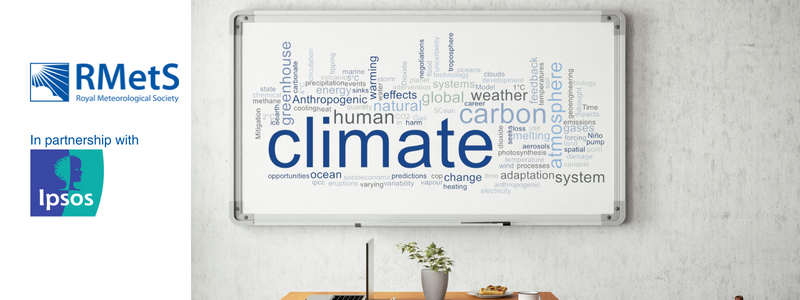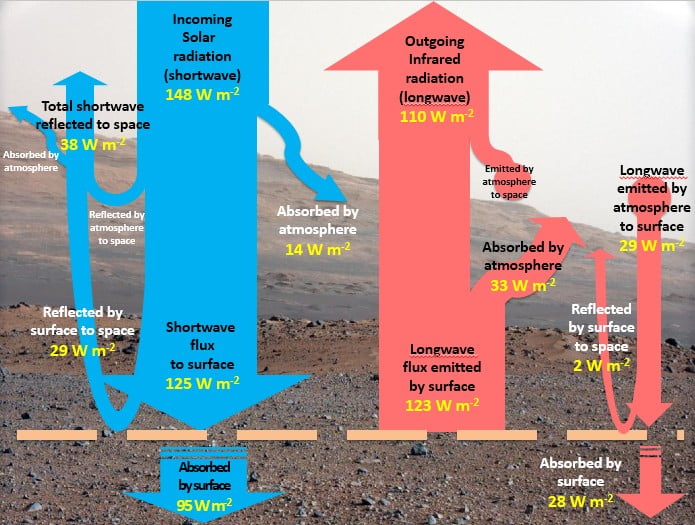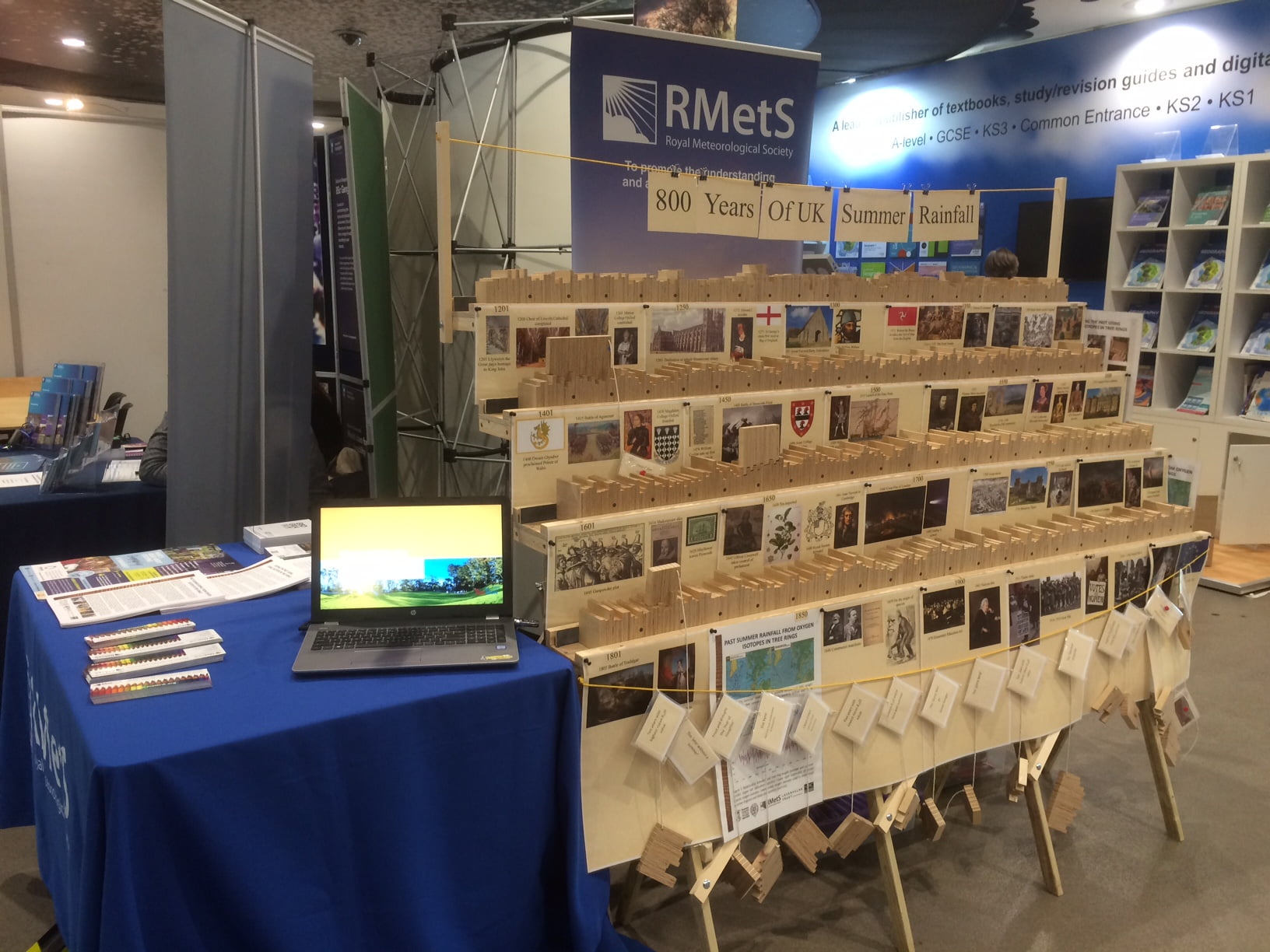
Following on from the DfE’s publication of the results of the climate literacy survey of school leavers in 2024, we are now looking for schools to participate in this year’s survey.
As the DfE are no longer funding the collection of data, we are able to open the survey up fully to schools in Scotland, N. Ireland, Wales and England.
By collecting data annually, we hope to evidence the impact of changing curricula and other education policies or national scale interventions on the climate literacy of school leavers across the UK.
If you are in a school which teaches year 11 (England/ Wales), year 12 (N Ireland) or S4 (Scotland) please take part.
Climate education is one of the most effective forms of climate action. But is our current curriculum equipping school leavers with the knowledge, skills and understanding about green careers and the impact of climate change on themselves and their communities?
We are looking for mixed ability, mixed subject choice classes – so this might be best run with forms than, say, with a geography class. It should take 5-10 minutes and should be completed online and in school. The teacher will need to remind students of the school’s postcode.
We will not ‘mark’ or share students responses either to individuals or to the school, so please stress to students that there is nothing to be gained by looking up answers or copying others’ responses.
Each students will be given 5 questions which are the same for everyone, and 5 which are different. These questions have been developed by climate experts and been through cognitive testing with young people.
For Wales, England and N. Ireland we will be collecting data until the end of March 2025.
For students in Scotland, the survey will remain open until the end of June 2025.
We are hoping to collect large quantities of data from a wide range of settings so that we can start looking for patterns in the data.






 March 2015 Near Total Solar Eclipse – The Science and Folklore behind Eclipses
March 2015 Near Total Solar Eclipse – The Science and Folklore behind Eclipses